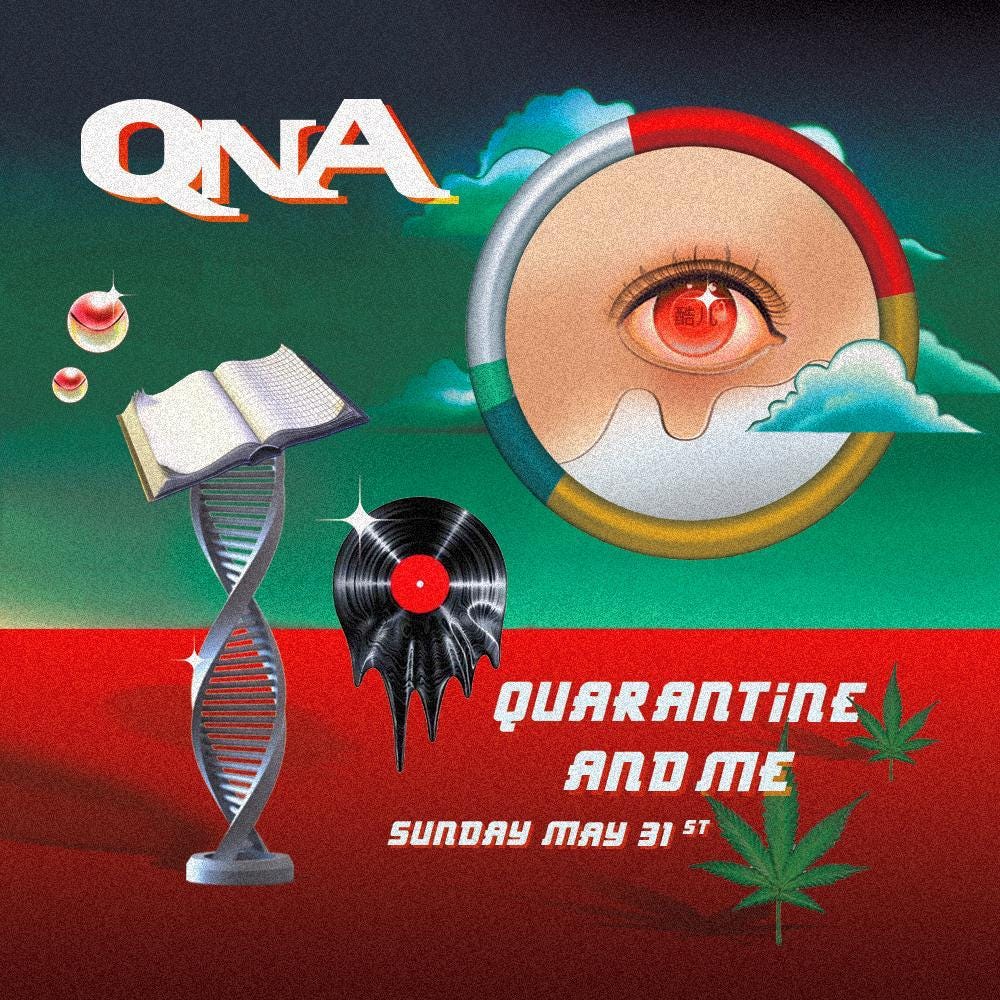I’ve been watching the best minds of my generation destroyed by media layoffs, and like so many other journalists staggering through this era—stunned, hysterical, broke—I’m looking for an angry fix. The media industry has been in a tailspin for years; nearly half of US newspaper jobs have disappeared since 2008, leaving less than 38,000 fully employed journalists in America. “In media if you haven’t been laid off it’s just that you haven’t been laid off yet,” quipped the writer Luke O’Neill recently. For journalists, waiting for your head to hit the chopping block is just a countdown.
Publications are dropping like flies, turning entire swaths of the country into news deserts. Most journalists I know are now fighting for dwindling scraps of freelance work. Meanwhile, news outlets are turning to the targets of their coverage—Facebook,Google, and the federal government—for emergency bail-outs. Multi-million-dollar bandages like the Facebook Journalism Fund are extra cringe because tech monopolies are the death knell of traditional media, hoovering 70% of digital advertising dollars last year. Obviously, the current model is fundamentally broken. what’s the point in playing a game everyone keeps losing?
When I started as a yung rave reporter in the early 2010s, new media companies like VICE heralded themselves as the “saviors” of journalism, and I bopped around the world writing about parties, funded by the seemingly bottomless coffers of zaddy Shane Smith. At the VICE holiday party in 2014, he handed out $1 million in envelopes of cash to staffers as a bonus, telling us not to blow it up our noses—which obviously everyone did. This corporate-backed gonzo lifestyle seems so decadent now it’s almost quaint.
My first rude awakening into the fragility of the media industrial complex came in 2017, when VICE pivoted to video. I got chopped—an experience that became all but routine for anyone who works in media. So I moved to Los Angeles and started freelancing. I partied with Chelsea Manning, interviewed Grimes, wrote cover stories on breakout Asian stars Yaeiji and Henry Golding, and wrote a whole book about weed. Still, I couldn’t shake the feeling that the role of a culture writer in the 21st century is being reduced to an anonymous content producer, whose main purpose is to lend a veneer of intellectual legitimacy for the real main event: a photo or video shoot.
But the pandemic has a funny way of paving the way for new futures. During quarantine, I’ve spent more time hanging out on platforms outside the establishment media—Discord channels, Patreon podcasts, academic blogs, Substack newsletters—and have discovered that the conversations happening in these spaces are way more interesting than what I’m reading on, like, Vanity Fair. I realized something: the media isn’t really dying—it’s just expanding into a growing scene that I’m going to call the nü media, because it’s kinda metal (lol). Communities are converging in the fringes of the clearnet, behind paywalls and subscription models, that will reshape the future with new narratives, thought leaders, and culture wars. People have been saying for years that journalism is being democratized, and the infrastructural collapse is now complete. From these ashes, a new paradigm is emerging.
I’m not sure this is totally a good thing. The splintering media vortex has a siloing effect, turning communities into echo chambers. Rather than the ultimate arbiters of truth, trad media will soon be just a corner of this ecosystem, competing with a million other narratives for the last word. Rigorous reporting is also time-consuming and expensive—can the thousands of newly deinstitutionalized journalists left jostling for micropayments have the resources to do all that? Or is this new paradigm going to be a glut of Patreons and podcasts full of talking heads—like the messy blog era 2.0? (At least blog house would come back.)
So for the rest of qua’, I’m going to be using this newsletter to explore the subscription-based model. I’ll drop exclusive reports on weed, nightlife, and counterculture—you know, the spicy shit you love me for—while creating a community of like-minded freakz. If there’s one thing I’ve learned from the pandemic, it’s that the institutions won’t save us, and the only way out of this mess is to build something on our own.
QUICK HITS
Harriet Shepard on the politics of Chengdu’s techno scene (Resident Advisor)
Amanda Chicago Lewis uncovers a hidden origin story of CBD (New York Times)
I explored the biz $ of two future music models: cyber clubs and drive-in concerts (Bloomberg)
RAVE ALERTS
QNA LA — I’m doing a joint origami demo and talking about the history of weed in Asia at this queer Asian cyber-party of the year, which also features poetry readings and comedy (Sunday, May 31)
CYBER SHOCK FESTIVAL — A fundraver benefitting immigrants and prison reform, with a stacked lineup of next-wave DJs from Miami, NYC, and beyond (Saturday-Sunday, May 29-20)
RAVE LUCK CLUB — Two DC underground crews team up for a 15-hour showcase on DJs of Asian heritage (Saturday, May 30)
TOP OF THE BOPS
Ethereal angelwave hymn from Julianna Barwick’s new album, Healing is a Miracle (Ninja Tune)





